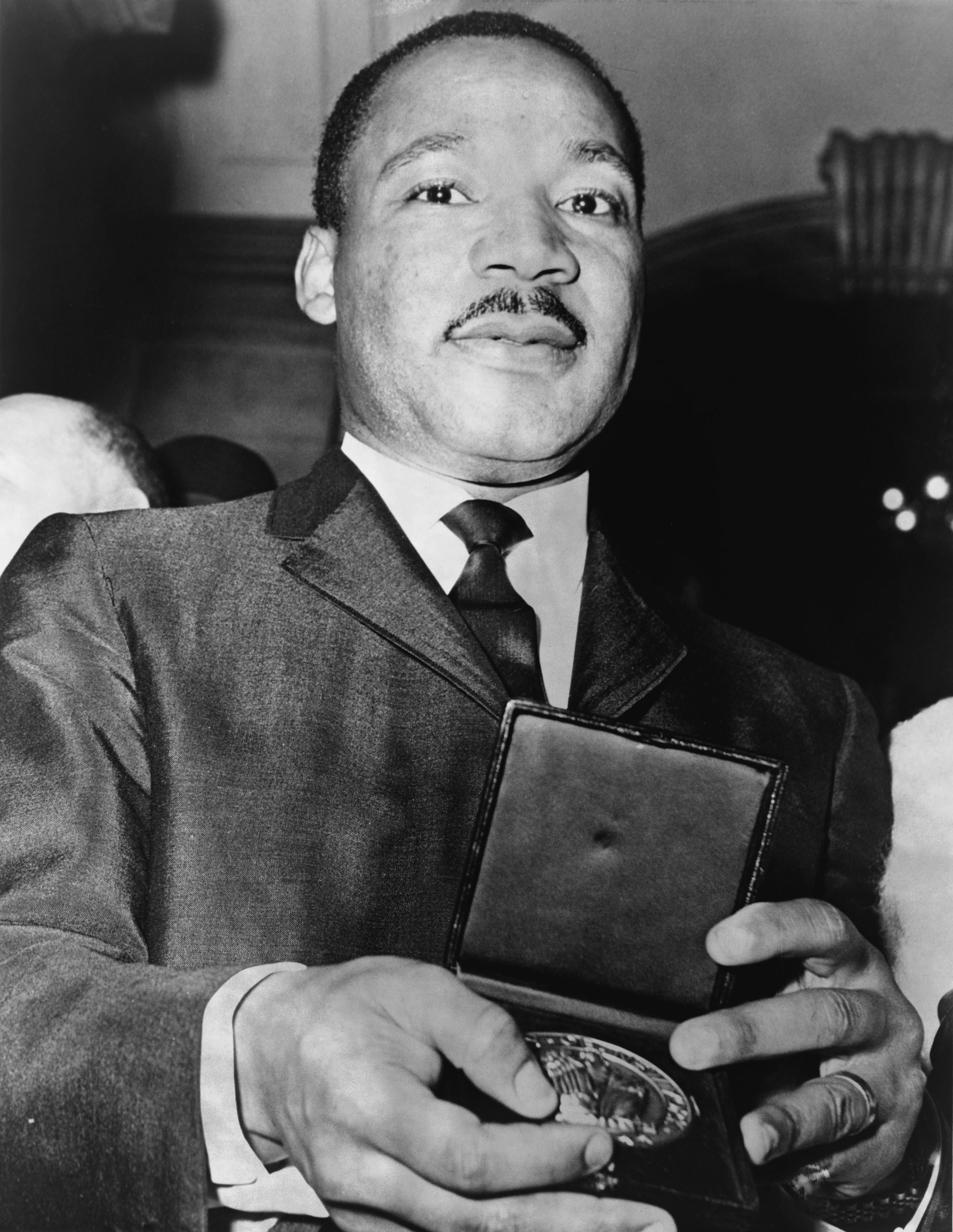Every so often
a preacher will stand up and say that God is punishing us or is about to punish
us in the same way he punished Sodom. And when they talk about ‘Sodom’ in this
way, they don’t even need to say what they think God might punish us for –
everyone knows it’s for homosexual practices. The funny thing is God never said
he punished Sodom
Yes, that’s
right. We all presume it’s in there, right. I mean everyone knows that Sodom Sodom Sodom Sodom
And so if we
want to rant and rave about Sodom and get people all scared that God is going
to show his wrath in the same way again, we better be very clear about what the
sins of Sodom actually were. I mean if we want to prevent it – which apparently
many preachers and Christians do – then we want to make sure we’re avoiding the
very things that Sodom
I can imagine
people thinking, well if God didn’t actually specify what the sins of Sodom Sodom
Now the only
thing mentioned in Genesis is the story about men wanting to have sex with the
angels and the fact that there was a huge outcry against Sodom Sodom and Gomorrah Sodom Sodom Sodom
Whoa! Maybe we
should be scared. Arrogant, overfed, unconcerned (some translations say idle or
lazy) and not helpful to the poor and needy. Sounds like most of the people I
know. Matter of fact, it kind of sounds like me too. Probably sounds like most
of the people in the western world – and I’m including Christians.
I mean if
we’re really serious about avoiding the same fate as Sodom
And the next
time we feel tempted to blame a natural disaster on God’s wrath at homosexuals,
perhaps we should take a good long look at our own life. Sodom Sodom









